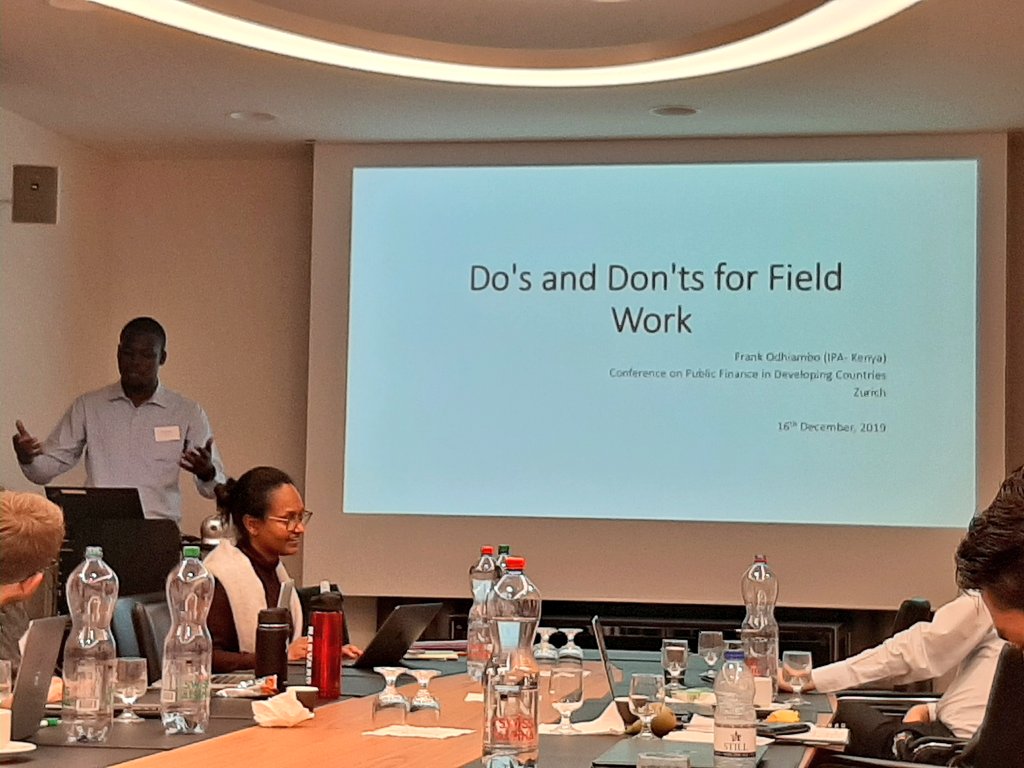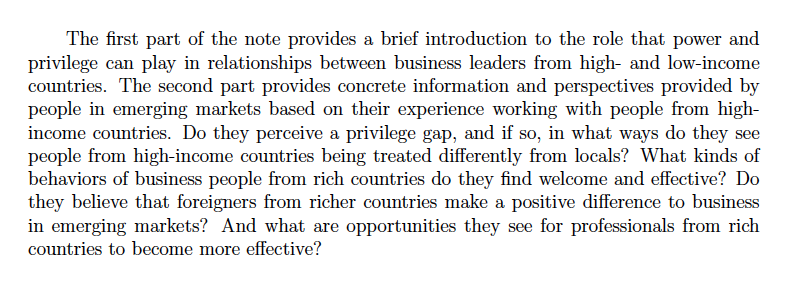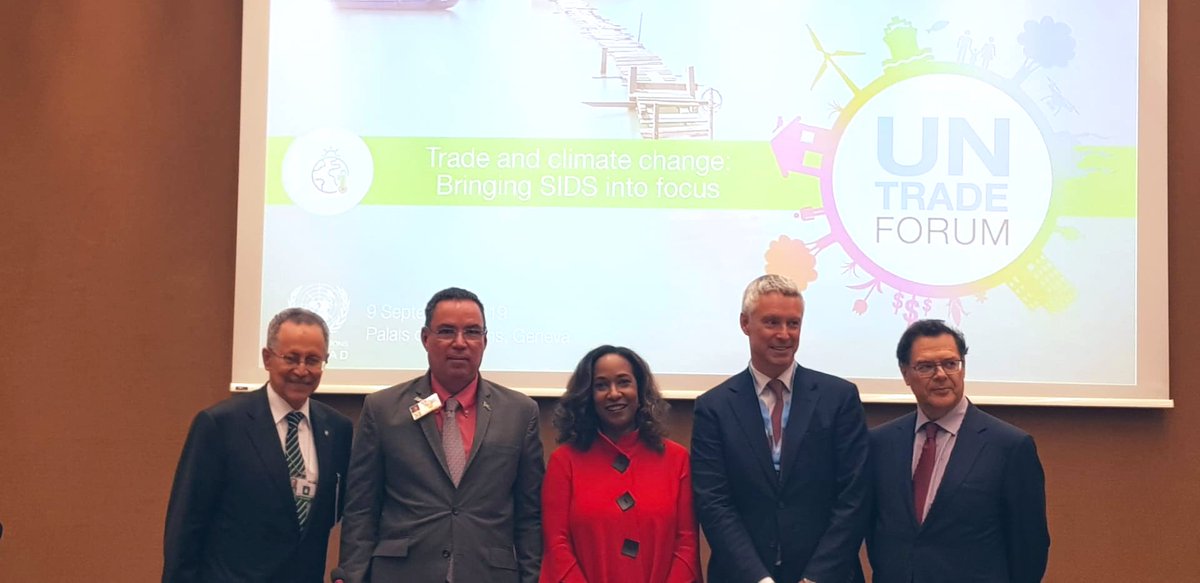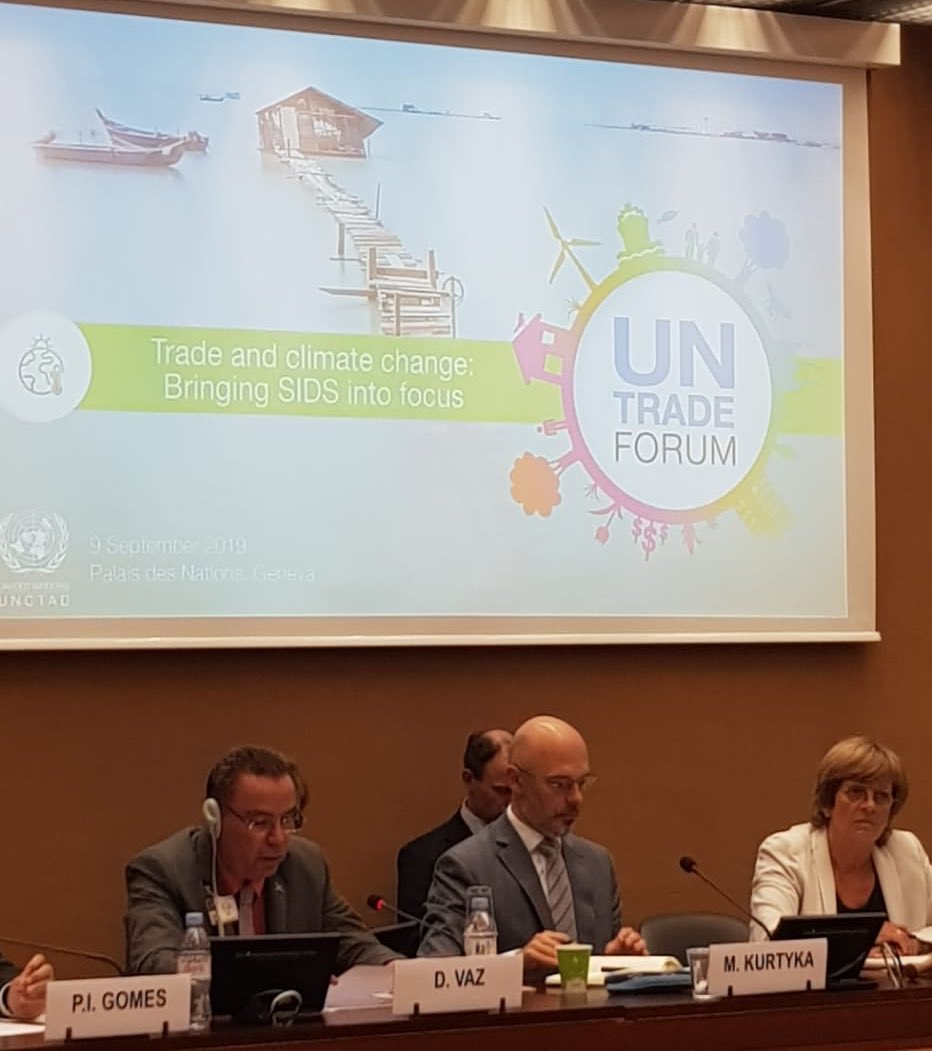Excited to have a wonderful line-up of presentations again & I particularly look forward to @OdhiamboFrank_O's talk on "Do's & Don'ts for Field Work" & to @adnanqk's Keynote
1/n

PIs enjoy a lot of soft power they may not always be aware of. Field staff often strongly depend on them for reference letters & for continued employment & livelihood.
Blind Spots", which might be complementary to some of his remarks.
econ.uzh.ch/dam/jcr:92395d…
















